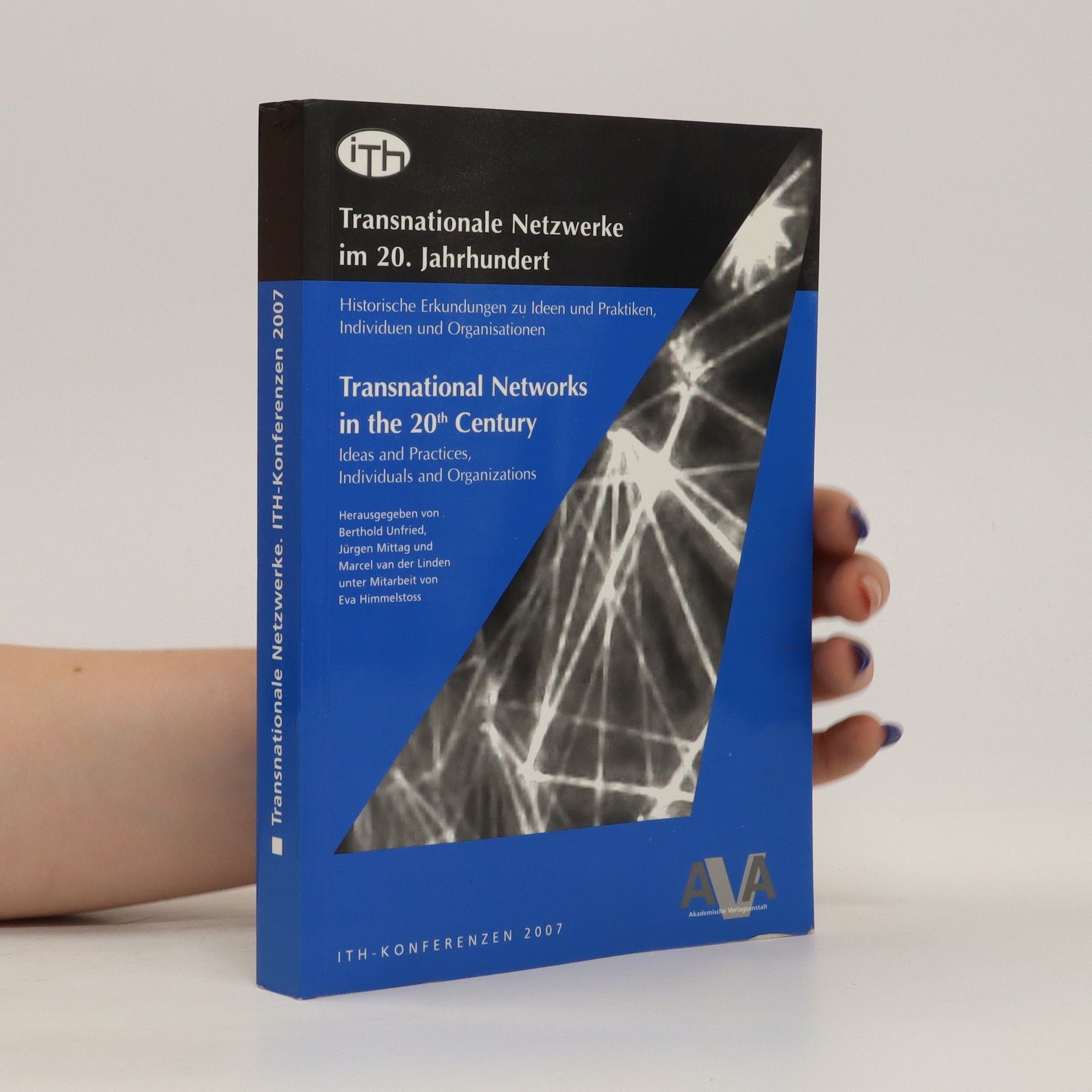"... erkämpft das Menschenrecht"
Vom Aufstieg und Niedergang klassischer ArbeiterInnenbewegungen
- 264 pages
- 10 hours of reading
Die Gewerkschaften stehen weltweit vor einer ernsthaften Krise, da ihr Einfluss stark gesunken ist und sie nur noch einen geringen Teil der Beschäftigten vertreten. Der Verlust von Verbündeten, insbesondere sozialdemokratischer und kommunistischer Parteien, hat zu einem Anstieg rechtsextremer Bewegungen geführt, die nationale Identitäten betonen. Zudem übernehmen NGOs Aufgaben, die früher den Gewerkschaften oblagen, wie der Kampf gegen Kinderarbeit. Van der Linden analysiert die Entwicklung der sozialdemokratischen Parteien und das bolschewistische Modell in Russland sowie die verschiedenen Phasen der internationalen Gewerkschaftsbewegung.





